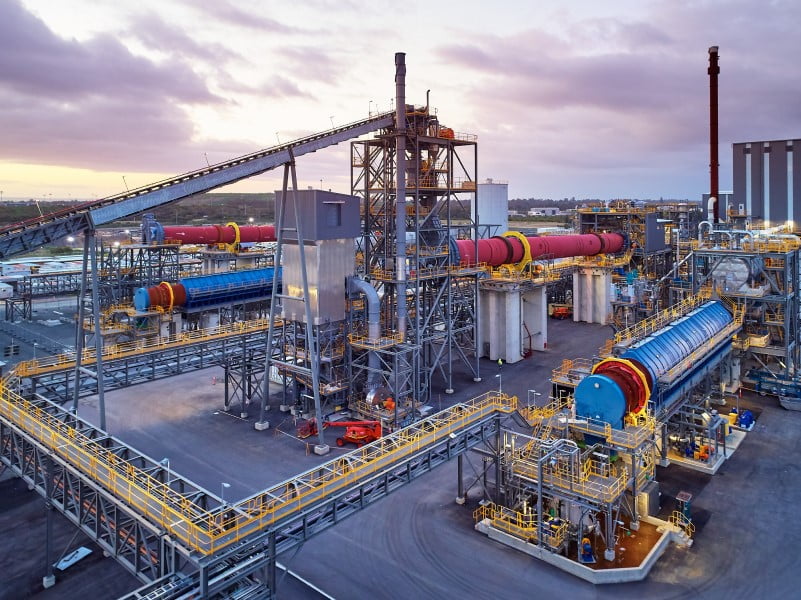A Chinese-Australian joint venture in Western Australia has become the first company to begin production of battery grade lithium hydroxide in Australia.
Joint-venture Tianqi Lithium Energy Australia said late last week that it had successfully completed trial production of battery grade lithium hydroxide on its first production train. This was confirmed through laboratory tests following several days of production at the Kwinana facility, about 32km south of Perth.
Refining company IGO took a non-controlling stake in the joint-venture in December 2020, with the remaining 51 per cent owned by Shenzhen-listed mining and manufacturing company Tianqi Lithium.

Deputy Premier and Minister for State Development, Jobs and Trade Roger Cook said the state was building its economic profile on the global stage.
“Western Australia has been exporting the minerals needed to make batteries for decades and today’s milestone demonstrates our ability to manufacture battery-grade materials locally for global exports,” Minister Cook.
“It’s great to see this burgeoning industry making Kwinana its home, further reinforcing the importance of the Industrial Area and the Western Trade Coast in positioning WA as a Global Advanced Industries Hub. Not only is Tianqi Lithium Energy Australia’s Kwinana plant helping to diversify our economy, it has created 200 jobs for Western Australians.”
Western Australian Minister for Mines Bill Johnston echoed a similar sentiment and emphasised the state’s capacity for downstream processing in the battery value chain.
By the end of 2022, Train 1 is expected to have an annual production rate of 24,000 tonnes of lithium hydroxide after the product is presented for qualification by offtake customers. Train 2 is likely to begin production in 2024 and will add an additional production capacity of 24,000 tonnes per year. Plans for a further two production trains of the same capacity are also being developed.
Tianqi Lithium Energy Australia chief operating officer Raj Surendran said that $18 million has been committed to early work programs for Train 2. These will take place in the second half of this year with construction to begin again in the first half of 2023.
The facility successfully produced lithium hydroxide on a batch basis in August 2021 although this was not battery grade.
IGO managing director and chief executive Peter Bradford welcomed the achievement and congratulated the joint venture team. He also expressed his firm’s pride at being a part of the first production of lithium hydroxide in commercial quantities in Australia.
“The joint venture’s interest in both the upstream mining asset at Greenbushes and the downstream refinery at Kwinana is emerging as a globally significant, integrated lithium business,” Mr Bradford said.
Western Australia is also home to two other lithium hydroxide projects that are still under construction and are also joint ventures. Also at Kwinana, Wesfarmers and Chilean lithium business SQM expect to open their lithium hydroxide plant in 2024, with a production rate of 50,000 tonnes per year.
The second project, which is expected to begin production in the second half of 2022, is a 60:40 joint venture between United-States based Albemarle and Australian company Mineral Resources. Production will also begin at 50,000 tonnes per year. The plant is located in the Kemerton Strategic Industrial Area in the southwest of the state.
Tianqi Lithium Australia and IGO sit on the Western Australian government’s Future Battery and Critical Minerals Industries Ministerial taskforce alongside 19 other organisations. This includes industry groups, unions, and other mining companies.
The state’s Future Battery Industry Strategy was launched in 2019 detailing four action themes: investment attraction, project facilitation, research and development, and the adoption of new battery technologies such as rechargeable batteries in electric vehicles and as a part of the electricity grid.
Editor’s note: This article has been updated to include comment from Tianqi Lithium Energy Australia chief operating officer Raj Surendran.
Do you know more? Contact James Riley via Email.

